Is there anything to avoid eating for diabetes? What should I eat for diabetes?
Is there anything to avoid eating for diabetes? What should I eat for diabetes? 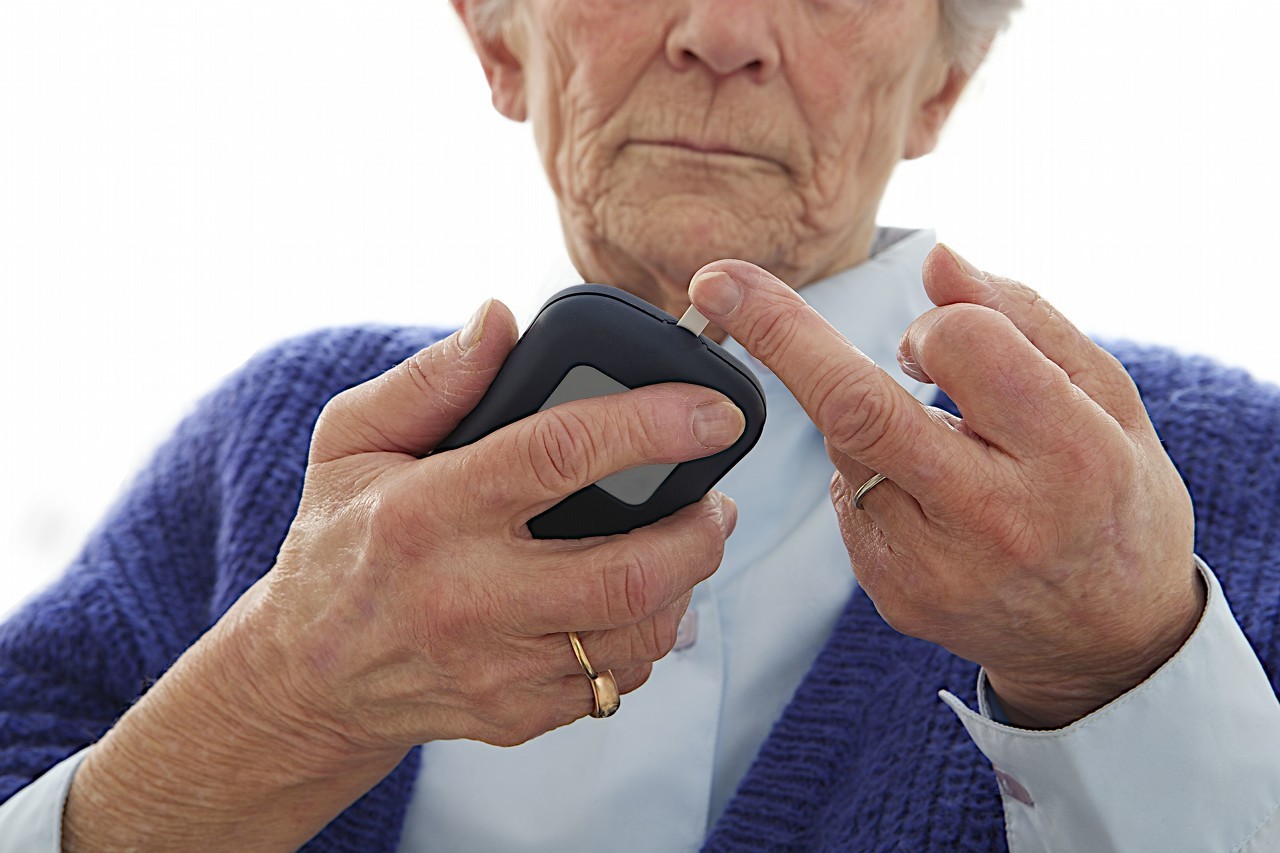
Diabetic patients should firstly not eat foods with high sugar content, such as refined sugar, sweet drinks, preserves, jams, candies, pastries, etc., so as not to cause a rapid rise in blood sugar. Also eat less high-fat, high-calorie, high-salt foods, such as pancakes, fries, potato chips, French fries, processed meats, fatty meats, animal offal, squash, pickles, kimchi, etc., which are likely to cause elevated blood lipids and blood pressure and increase the risk of diabetic complications.
Diabetic patients should also pay attention to the diversity of the daily diet, control the total intake, to avoid obesity due to excessive intake, the daily food groups include cereals and potatoes, milk, eggs, fish and poultry meat, vegetables and fruits, nuts, soy products, etc., these foods can be eaten by the sugar lovers, that is, to control the amount of intake. In the diet to do coarse and fine matching, brown rice, oats, buckwheat, corn and other coarse grains can account for one-third of the total amount of staple food, eat more fresh vegetables and other foods rich in dietary fiber, is conducive to smooth blood sugar. Also pay attention to meat and vegetables, control the intake of meat, staple food and vegetables and meat together can reduce the glycemic index of food.
Adopt regular eating habits, you can use a small amount of multiple meals, from the main meal to even out a portion of food as the morning or afternoon meal, is conducive to the control of postprandial blood glucose and the prevention of hypoglycemia.
Is there anything to avoid eating for diabetes? What should I eat for diabetes?
Diabetes is a common disease in life, but also a lifestyle disease, so diabetic patients need to adjust their lifestyles after the disease, especially diet, a reasonable diet is an important means to help patients lower sugar, diabetic diet is actually no absolute taboos, just to strictly control the total amount of intake, to reduce the high-sugar, high-calorie and other foods.
1. Eat less high-sugar food
Diabetic patients should eat less high-sugar food, like we are familiar with white sugar, brown sugar, glucose, etc., once not pay attention to the diet too much may make the body of blood sugar increases, some high-sugar fruits, desserts, etc., but also to eat less, need to emphasize the point is that diabetic patients be careful of "sugar-free" pastries, many patients believe that "sugar-free" or "sugar" food can be eaten at will. Many patients think that "sugar-free" or "sugar-reducing" food can be eaten at will. In fact, the so-called "sugar-free" pastries have no added sugar, but the pastries are made of food and still contain the same carbohydrates as other foods. Carbohydrates, the same will produce heat and raise blood sugar, so can not just eat more. Diabetic patients should also drink less sugary drinks and so on.
2. Stop smoking and drinking
Diabetics should abstain from smoking and alcohol, which may affect the body's metabolism, disrupting the energy metabolism in the body and therefore aggravating the condition.
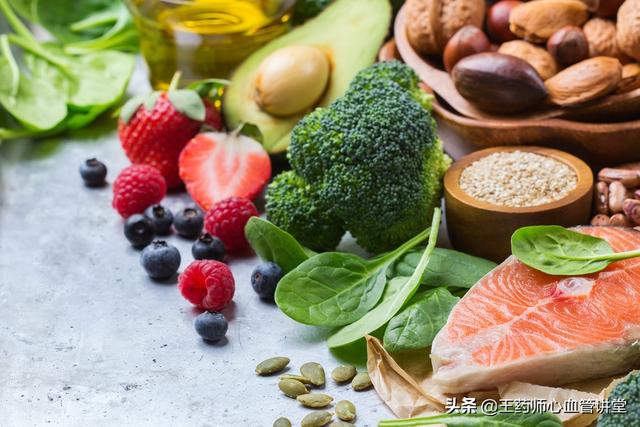
3. Eat less high-salt, high-oil foods
Diabetic patients should not only avoid sugar, but also pay attention to less salt, less oil, less fat, light diet, more coarse grains, vegetables, etc., and more high-quality protein.
4. Reasonable control of staple foods
Staple foods for diabetic patients should be reasonable, staple foods are mostly carbohydrates, after intake, converted to glucose in the body, which will cause an increase in blood glucose, so diabetic patients should be reasonable control of the amount of staple foods, to be clear about the various types of staple foods, staple foods including starch, such as steamed buns, noodles, etc., legumes and potatoes, such as groundnuts, potatoes, taro, pumpkin, etc., if you eat shredded potatoes in this meal, you need to reduce the amount of steamed buns and so on accordingly, more Eat coarse grains, less processed fine grains, less thin porridge, but also pay attention to the balanced mix of nutrition.
5. Reasonable cooking
Diabetic patients should be reasonable cooking, less oil, eat more steamed food, eat less refined food, in short, simply put, the simpler the better. Avoid some spicy and stimulating spices, like we are familiar with ginger, mustard, pepper, etc., the nature of these foods are relatively warm, once consumed by diabetic patients to the body will aggravate the situation of hot and dry, and therefore will make the disease more serious.
Diabetic patients should pay more attention to their diet, but not eat nothing, but to control the total calories of the day, pay attention to the rational mix of nutrition, in addition to a reasonable diet, must pay attention to reasonable exercise, weight control, reasonable use of medication, regular monitoring of blood glucose, regular physical examination, adjust their state of mind.
I am Pharmacist Wang, dedicated to helping you manage your body by explaining complex and difficult disease knowledge in plain words. Your praise is my greatest motivation! Also, if you have family members with diabetes diet-related problems, please pass this article on to them!
Diabetes mellitus is a metabolic disease characterized by elevated blood glucose. It is mainly due to abnormalities or functional defects in insulin secretion, or excessive sugar intake, resulting in disorders of glucose metabolism. If long-term carbohydrate, fat and protein metabolism disorders can cause multi-system damage, which in turn leads to chronic lesions, functional decline and failure of the heart, blood vessels, kidneys, nerves and other tissues and organs, which will be progressively aggravated if not well controlled. Laboratory tests mainly focus on abnormal glucose metabolism causing multiple organ abnormalities. Therefore, controlling blood sugar is the first and main principle.
Diabetic patients control their blood sugar starting with diet and keeping it in the normal range with exercise and hypoglycemic medications. So, what should diabetic patients eat? In my opinion, the main attention to the following points:
1. Plan the total calorie intake in a day according to the standard body weight and the nature of work, labor intensity, etc., and make reasonable distribution according to the living habits, nature of work, medical condition and the need to cooperate with hypoglycemic drugs.
2. Use rough rice, noodles and a certain amount of mixed grains as the mainstay of a low-fat, moderate protein, carbohydrate and high-fiber diet.

3. Quantitative and regular meals, eat according to the amount of meals, and strictly follow the eating pattern.
4. Strictly limit all kinds of sweets. Avoid eating glucose, sucrose, honey and their products, such as all kinds of candy, sweet cakes, ice cream and other sugary drinks and food. Prohibit eating other foods without consent between meals.
5. Encourage more food with high fiber content, dietary fiber content of 40 ~ 60 grams a day is appropriate, including beans, vegetables, coarse grains, fruits with low sugar content.

It is recommended that diabetic patients strictly follow the above points to keep their blood glucose within normal limits in order to reduce or prevent complications and improve their quality of life.
I hope the above answer is helpful to you, please criticize and correct in the comment section! Follow Common Sense Medicine to learn more about your health!
Thanks for the invite!
Ying food nutrition said focus: diabetics should quit smoking and drinking, choose a diet based on plant foods and supplemented by animal foods, and more high-fiber foods.
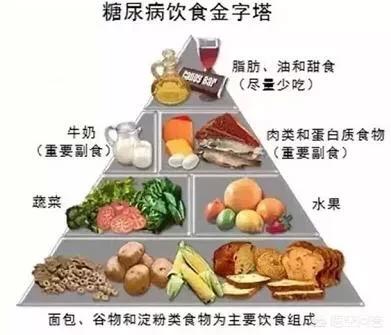
Adjust your daily diet according to the dietary guidelines:
The daily staple food should pay attention to the rough and fine mix, choose rice with brown rice, black rice, oatmeal, barley, etc., red beans, mung beans, peas and other miscellaneous legumes together with cooking and eating, whole grains and miscellaneous legumes can be accounted for the proportion of the daily 1/3 to 1/2. so do the staple, not only the intake of carbohydrates, but also rich in dietary fiber, protein, minerals and so on. In addition, cereals and beans with can also play a role in protein complementary role, improve the protein price.
Diabetics should eat more vegetables and fruits every day, and consume rich vitamins, dietary fiber and minerals. When choosing vegetables and fruits, pay attention to the rich variety of types and colors, which can enhance appetite, reduce food safety risks, and smooth blood sugar, you can choose celery, broccoli, cabbage flowers, carrots, tomatoes, eggplants and so on, apples, kiwis, oranges and so on.
Diabetics should pay attention to the daily intake of high-quality protein, choose lean meat, beef, fish, shrimp, milk and dairy products, in moderation and more variety every day. High-quality protein can build the body's tissue cells, but also to ensure the normal metabolism.
The intake of oil and salt should be limited, eat less fried and pickled food, so that the daily intake of oil and fat is controlled to 25ml, salt intake is controlled to 6g or less, to avoid the risk of obesity and high blood pressure.
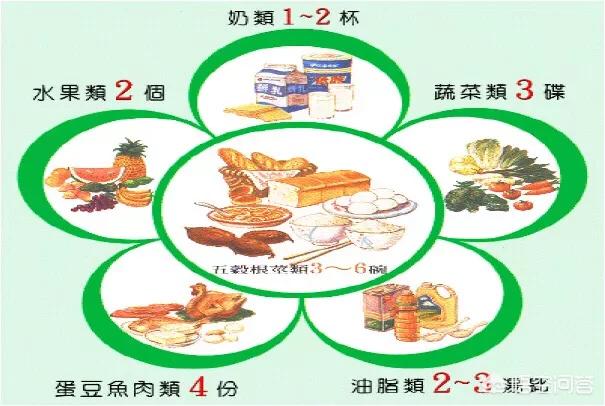
The important thing for diabetics is to maintain a balanced blood sugar level and to eat a variety of foods in small quantities every day in order to go about avoiding complications as much as possible.
Dietary management is the most basic and important measure for diabetic patients. Dietary control of diabetes mellitus is mainly aimed at lowering body fat, delaying the rise of postprandial blood glucose, improving insulin sensitivity, and preventing complications, therefore, a reasonable arrangement of diet is of great significance for the prevention, treatment, and delay of diabetes mellitus.
Many people think that since diabetics have to control blood sugar, anything with a sweet flavor can not be eaten, which is wrong. In actuality, there are no absolutely forbidden foods for diabetics as long as they are matched by a reasonable diet. However, staple foods like refined, white, fine, soft and sticky foods should be eaten sparingly, and sweets and sweet drinks should be avoided to reduce fluctuations in blood sugar.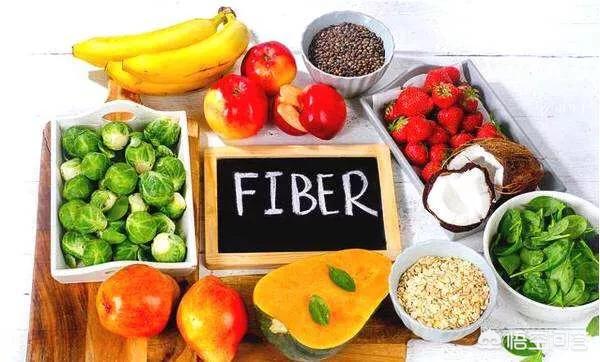
Diabetics need to be especially careful about what they eat:
1、Control the total energy, control the total energy intake by eating more meals and less food.
2、Choose staple foods that reflect lower blood sugar, accounting for 50-60% of total energy.
3. Choose low-fat fish and shellfish, dairy (low-fat milk) and poultry to supplement high-quality protein.
4. Reduce the intake of fats and oils, and keep cooking oil below 25 grams per day.
5, eat more food rich in dietary fiber, 1 pound of vegetable food per day, dietary fiber can increase satiety, reduce the density of energy, reduce the rate of blood sugar rise.
6, to control the salt intake of less than 5 grams per day below, to ensure that adequate vitamins and minerals, diet timed. Soy products, beans, vegetables, coarse grains, low-sugar fruits such as small tomatoes, potatoes, these low-energy, large volume, high-fiber ingredients are beneficial to diabetics.
Zhao Suhua National Level II Public Nutritionist / Senior Pastry Chef / Director of Dalian Nutrition Society / Lecturer of Nine Dimensions Health College / Participant of Wang Xingguo Nutritional Special Training Class I / Second Prize of the First Nutritionist Competition of Dalian / Member of Liaoning Nutritional and Culinary Commission
Diabetes is also known as a lifestyle disease, which means that it has a lot to do with lifestyle habits and diet, and many patients still can't keep their mouths shut even though they know they have high blood sugar. In addition to medication, you need to know the importance of diet. While eating a healthy diet is important for everyone, eating smart is the key to managing your condition when you have type 2 diabetes. A healthy diabetic diet can help you: keep your blood sugar levels stable, lose weight and maintain a healthy weight, and prevent related health complications such as heart disease and high blood pressure.
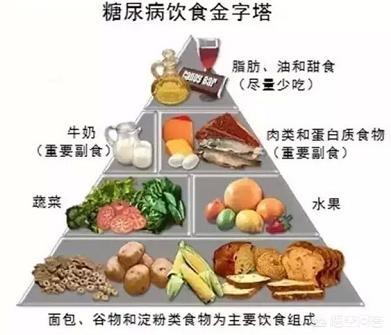
When you have diabetes, it's important to make sure you have enough of the right types of foods in your diet. While there is no one perfect food that will provide all the nutrients your body needs, the key is to incorporate a variety of healthy foods into your diabetic diet.
Vegetables, whole grains, fruits (choose low glycemic index fruits), low-fat or fat-free dairy products, and lean protein sources such as chicken, fish, and lean beef are some of the foods that may benefit your blood sugar control.
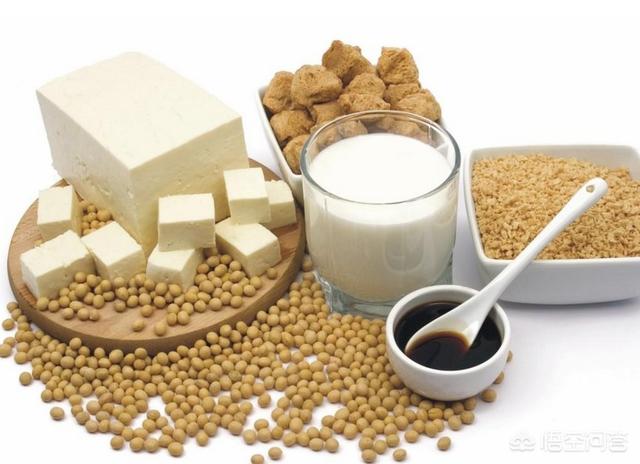
Eating too many carbohydrates can cause your blood sugar to rise, so you want to spread your carbohydrate intake evenly throughout the day. Carbohydrates are found in many different types of foods; whole grains, fruits and low-fat or fat-free milk and yogurt are healthy choices.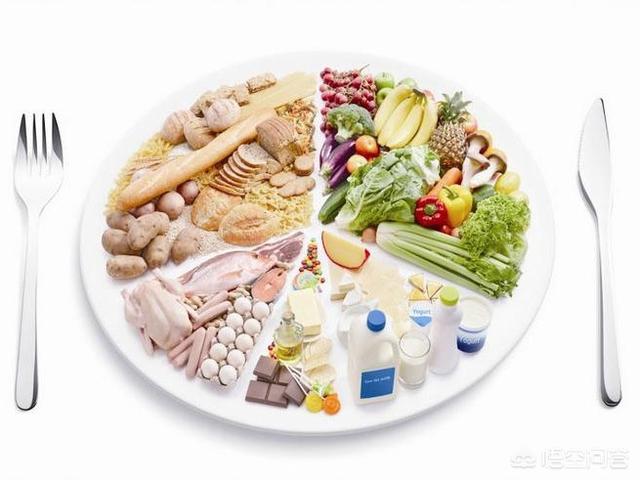
Learn about the benefits of the food in question. You don't need to know everything about every food, but try to learn about some commonly eaten ones. For example, foods high in saturated fat (such as butter and fatty meats) can contribute to heart disease, while foods containing fatty acids (such as cold-water fish and healthy oils and nuts) can help reduce the risk of heart disease. Foods high in salt (sodium) - usually most processed foods - can raise blood pressure, while potassium-rich foods, such as spinach, tomatoes and bananas, can counteract sodium in the body and help lower high blood pressure. While fruit is often recommended as part of a healthy diabetic diet, it's important to watch your portion sizes because fruit contains carbohydrates. While dried fruits are nutrient-dense options, the portions are smaller, so they may not be as good as fresh fruits.
This question and answer are from the site users, does not represent the position of the site, such as infringement, please contact the administrator to delete.